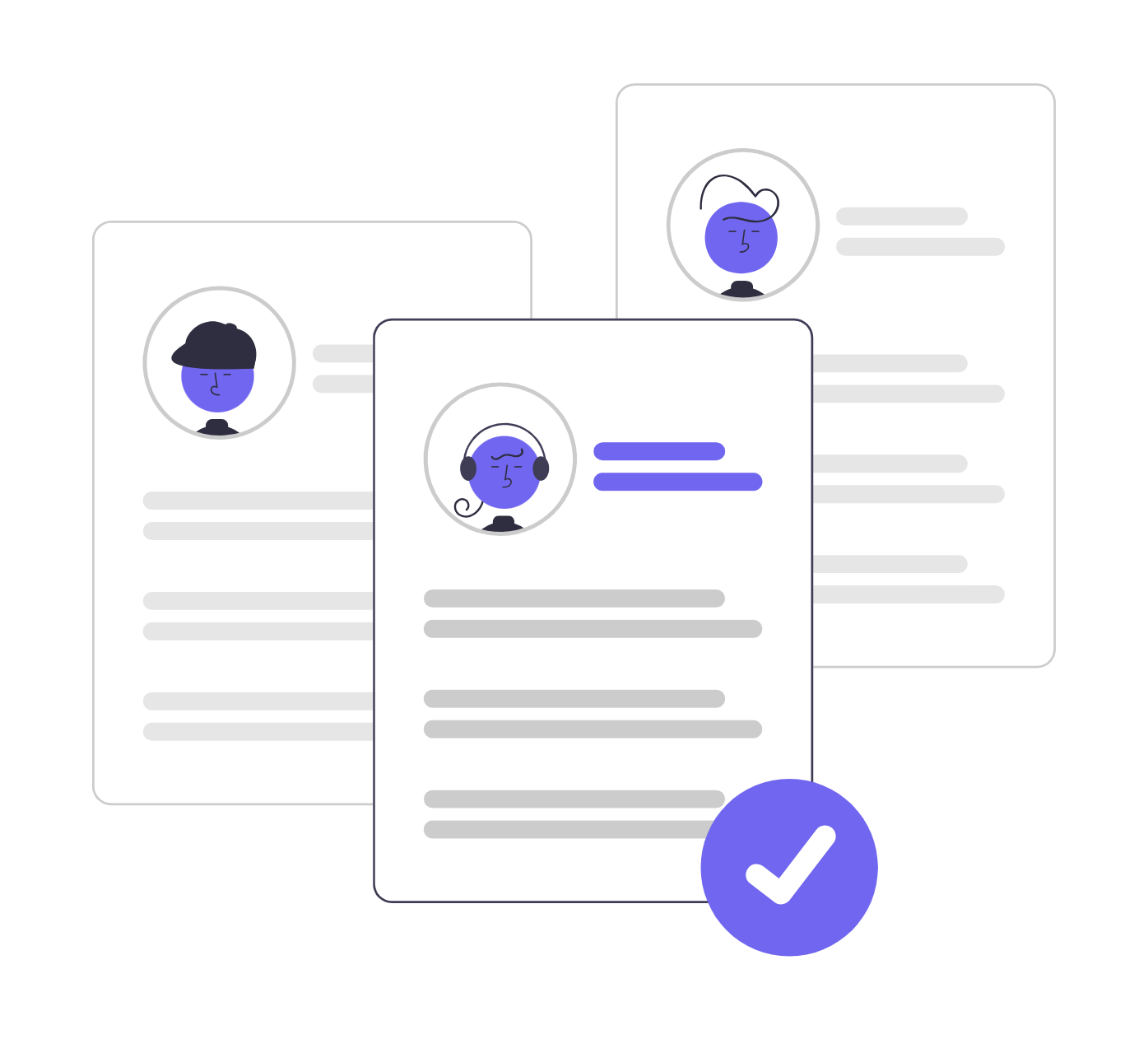Share
You waste hours going through countless applications from candidates, only to find out that most of them are fake. This is not only frustrating, but it also slows down your hiring process and makes it very hard to actually spot qualified candidates worth your time.
Before we discuss how you can deal with fake or junk candidates, let’s look at why it’s happening.
AI has made it very easy for candidates to apply for jobs and fake qualifications they don’t have.
- Some are carelessly polishing their applications using AI tools and mirroring your job post word-for-word to game the system.
- Others are mindlessly using AI auto-apply tools to apply to hundreds of applications without reading a single job post. This leads to a spam of applicants, most of them junk.
And what makes the situation worse is that traditional ATS platforms are letting such candidates get to you since they don’t screen them out automatically. Instead, they rely on keyword matching to score and rank applicants — but candidates are already using AI to polish resumes for those keywords. It ends up as AI judging AI, creating zero real value for everyone involved.
That’s why you end up with perfect-looking but unqualified candidates.
So how can you deal with them
- Screen for performance, not polish
Share a job link from Worscreen, a hiring platform that automatically filters out unqualified applicants, including junk/fake before they reach your desk. It screens them for performance and not polish, and also gives you a shortlist of top talent to help you hire faster.
- Next, skill test candidates
You can quickly tell if a candidate is qualified by testing their actual skills. Workscreen lets you assign a short skill test to help you assess whether they can perform on the job before making any hires.
- And lastly, ask in-depth, layered questions in interviews.
If you suspect fake candidates during interviews, change your strategy. Avoid a surface-level question like:
- “Can you work well under pressure?”
Instead, ask in-depth questions that revolves around lived experiences, history, and emotions, like:
- Describe a high-pressure situation you faced at work. What was going on?
Then go deeper and ask layered questions from their response, like:
- “How did you handle it?
- “What were you feeling at that moment?”
- “Did you talk to anyone about it?”
- “What was the response?”
- “What did you learn from the experience?”
Such in-depth, layered questions can help you distinguish between a fake candidate and a genuine one since they force them to give detailed responses. If a candidate’s responses sound so polished, confusing, or contradictory, they are probably fake. A genuine candidate who has gone through such an experience will give detailed but messy responses.
You can learn more about how to interview applicants effectively from our detailed guide. (The link is in the description.
And if you are demoralized by fake or junk candidates, use the strategies we have discussed and check out Workscreen.


